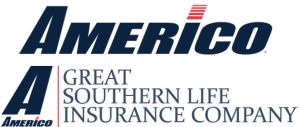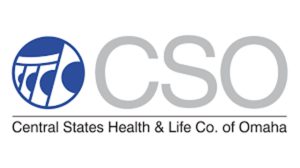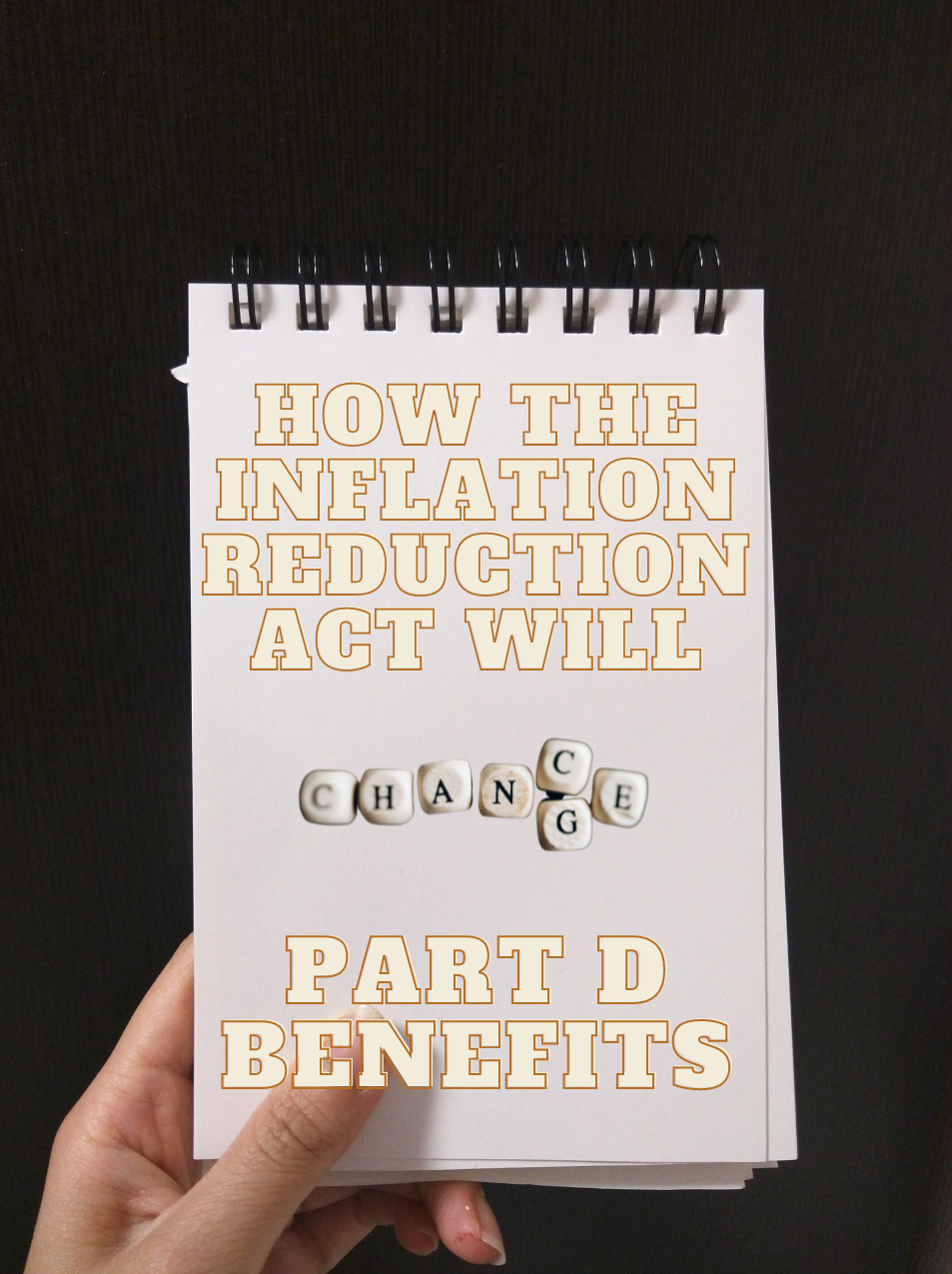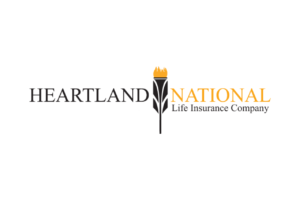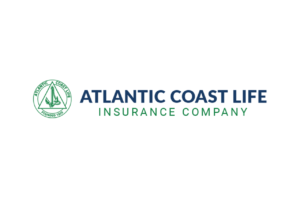Effective 01/13/2023 Americo will discontinue the sale of Americo Financial Life (AFL) and Great Southern Life (GSL) Medicare Supplement plans in all states.
Any application written before then must be received in the home office by the close of Friday, January 13th, 2023 or they will not be processed.
Americo will continue offering their other products:
- Final Expense
- Mortgage Term plans
- Annuity
